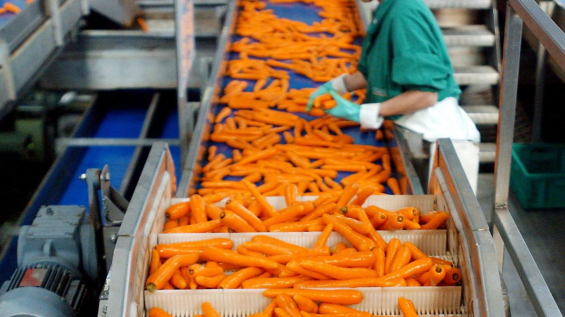The World Bank's Board of Directors has approved $250 million in financing for Morocco's Agri-Food Systems Transformation Program. The initiative seeks to enhance the agrifood sector's resilience to climate challenges while improving food safety and quality.
Contributing 16% of GDP and 19% of Moroccan exports in 2023, the agrifood sector is a cornerstone of the national economy. It accounts for 67% of rural employment and 36% of total jobs, including 30% in primary agriculture and 6% in agro-industry. However, recurring droughts, particularly in rain-fed cereal crops, have exposed the sector's vulnerability to climate change.
The program aims to transform this critical sector by promoting efficient and sustainable farming practices. Its focus includes climate-smart agriculture, improved water and soil management, and yield stabilization. Key measures involve no-till farming, expanding agricultural insurance, and promoting organic farming across 25,000 hectares.
Efforts to enhance food safety and nutritional security include upgrading sanitary standards in 1,200 sales outlets and strengthening quality control, particularly for olive oil. Additional goals include reducing food waste, improving farmers' market access, and boosting their incomes.
«This innovative program will support the large-scale implementation of climate-smart agricultural practices, creating green jobs in rural areas and strengthening national food security, in line with Morocco's Generation Green 2020-2030 program», stated Ahmadou Moustapha Ndiaye, World Bank Country Director for Maghreb and Malta.
An additional $5 million grant from the Livable Planet Fund (LPF) will aid small-scale farmers in adopting climate-smart practices through an innovative incentive system.
Overall, the program is expected to benefit 1.36 million people, including 120,000 farmers and over a million consumers, by improving food safety and nutrition across Morocco.





 chargement...
chargement...













